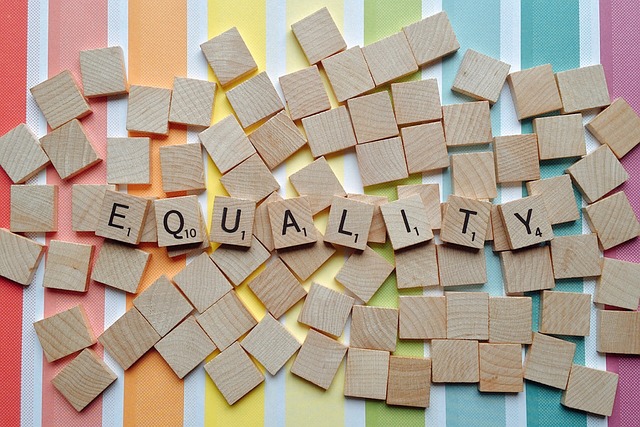The pressing issue of climate change affects every corner of the globe; yet, its impacts are felt disproportionately by marginalized communities. Bridging this gap requires a commitment to equality, where everyone, regardless of their socio-economic status, race, or geographical location, has an equal voice in environmental decision-making processes. As we delve into the intricate relationship between environmental justice and climate change, we begin to understand the urgent need for creating an equitable future.
Our planet is warming at an alarming rate. With rising temperatures come increased severe weather events, which devastate communities that often lack the resources to recover. Low-income neighborhoods frequently find themselves in pollution-heavy areas, where industries set up operations without regard for their health. This environmental inequity not only jeopardizes the well-being of these populations but also deepens the systemic inequalities that persist across societies.
Equality in environmental justice is not merely about access to clean air and water; it’s about ensuring that all communities, particularly those most impacted by climate change, are included in the conversations that shape our environmental policies. Engaging these communities in meaningful ways can inspire genuine change. Efforts such as community-led advocacy and participatory research empower residents to speak out against harmful practices, ensuring their unique needs are addressed. This also fosters a sense of shared responsibility in combating climate issues.
Furthermore, education plays a pivotal role in advancing equality in environmental justice. If we are to build a future that values sustainability and inclusiveness, we must educate our communities about climate change and its vast impacts. By raising awareness, we enable individuals from all backgrounds to contribute to the dialogue. Engaged citizens are more equipped to advocate for their needs and hold local and national leaders accountable.
Rebuilding trust between communities and government agencies is paramount. Historical neglect has bred skepticism, making it crucial for agencies to prioritize transparent communication and equal representation. Trust can be restored by engaging with community leaders, listening to their experiences, and integrating their input into policy discussions. Implementing this change not only leads to better environmental outcomes but also brings communities together, fostering resilience against the effects of climate-related disasters.
Advancing equality within environmental justice doesn’t just benefit marginalized communities; it leads to a healthier, more sustainable planet for all of us. By redistributing power and resources to those who have been historically underserved, we can create a more just society that embraces diversity. Climate change is a global crisis, and it is essential that everyone has an opportunity to contribute to its solutions.
As we navigate this complicated landscape, let’s be reminded that true equality in environmental justice involves collective action and solidarity. We must advocate for policies that not only tackle climate change but also dismantle the inequalities that have existed for decades. In this fight against climate change, we all have a responsibility to ensure that no group is left behind.
Through collaboration, education, and advocacy, we can build a future where environmental justice is a reality for everyone, solidifying our commitment to a fair and equitable world amid the challenges posed by climate change.




